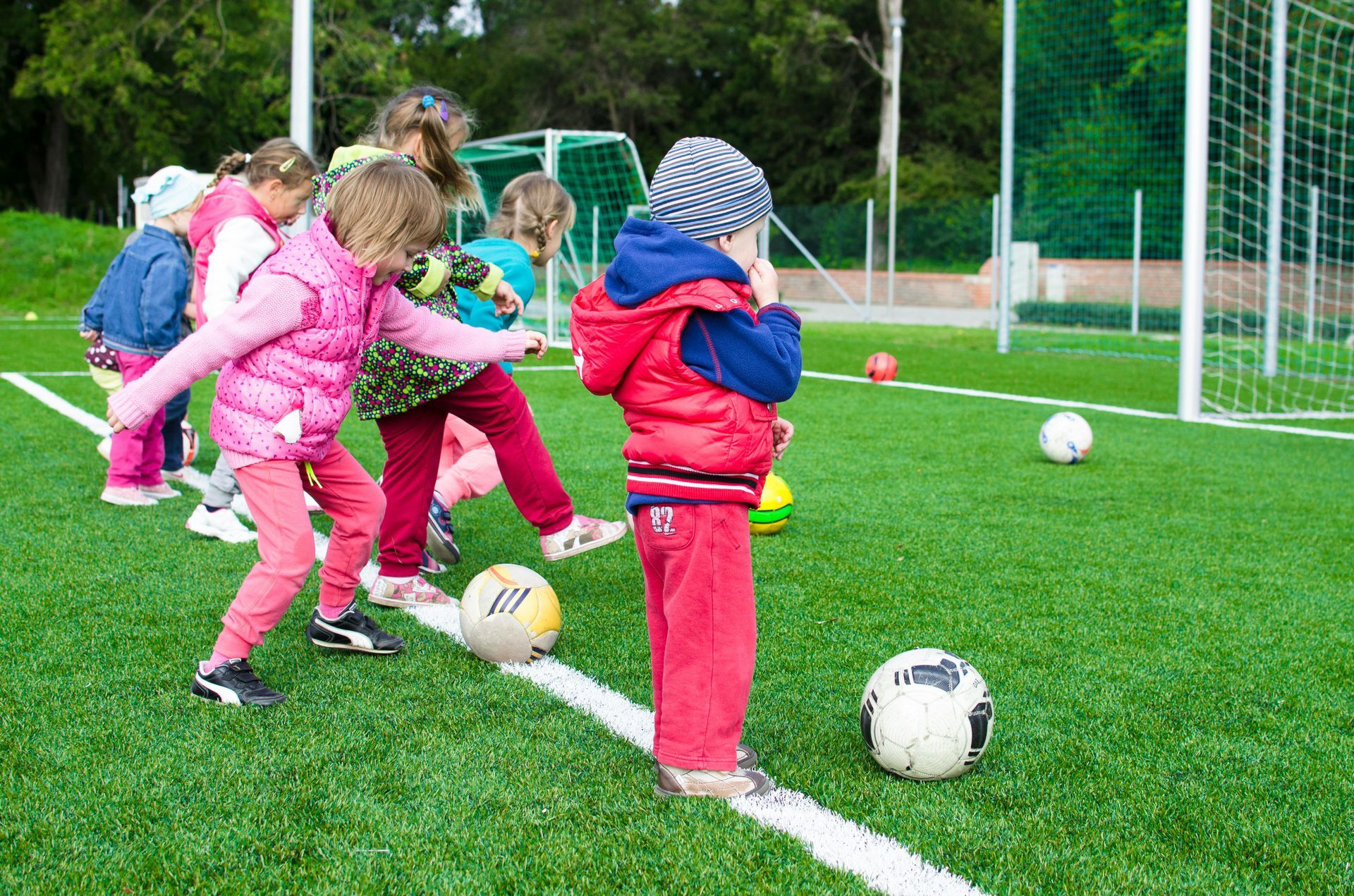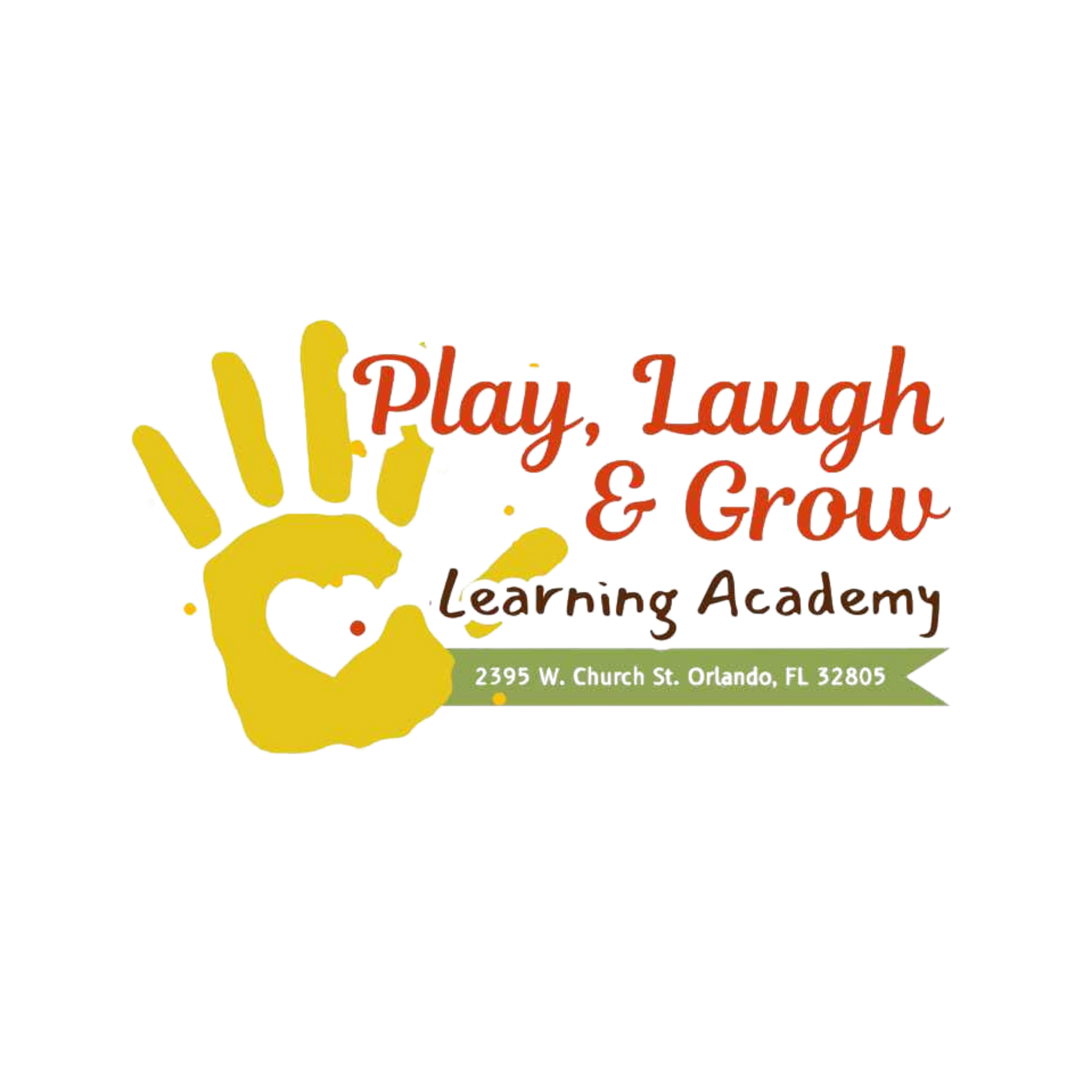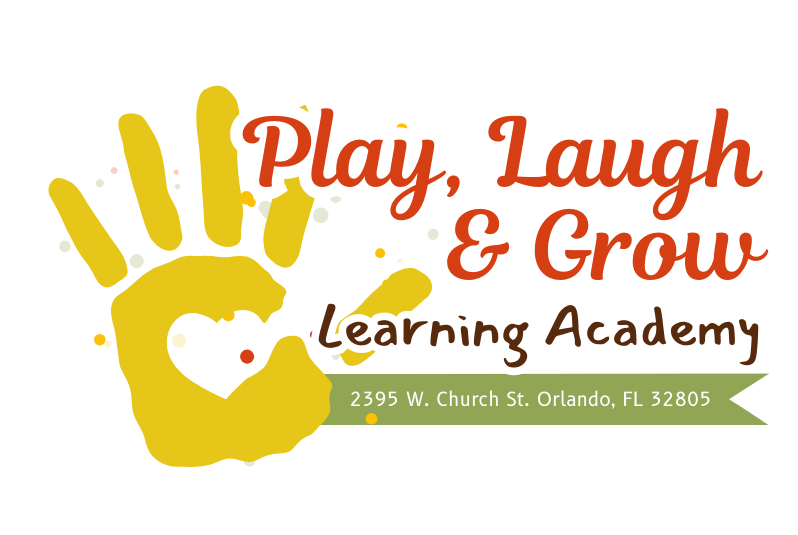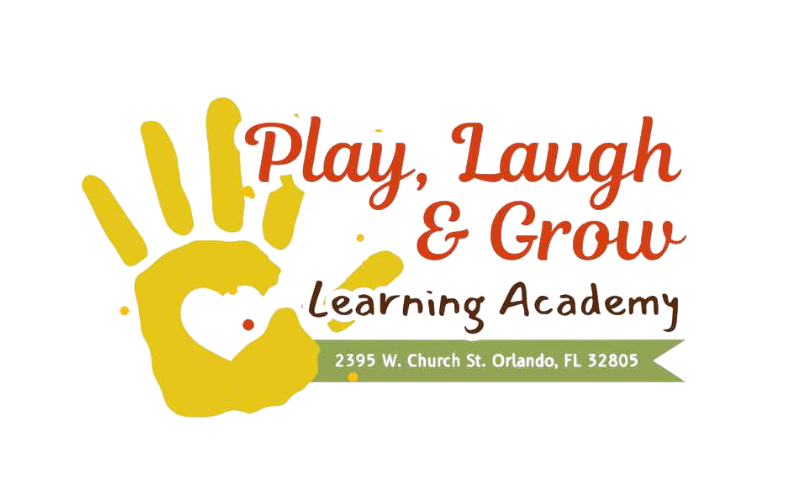Cultivating Emotional Intelligence in Young Children: A Crucial Skill for Success

Emotional intelligence (EI) is the ability to recognize, understand, and manage one’s emotions, as well as the emotions of others. It is a fundamental skill that influences every aspect of our lives—our relationships, academic success, and personal well-being. In young children, emotional intelligence is still in its early stages of development, but it’s a crucial time to lay the foundation for emotional growth. At Play Laugh and Grow Academy, we understand the significance of emotional intelligence and its profound impact on a child's development. This blog will explore why emotional intelligence is important for young children and how we can foster its growth in a nurturing and supportive environment.
What is Emotional Intelligence?
Emotional intelligence is composed of several key elements, including self-awareness, self-regulation, empathy, and social skills. For young children, emotional intelligence means being able to express their feelings appropriately, recognize how others feel, and respond to their emotions in a healthy and constructive way.
The five components of emotional intelligence include:
- Self-awareness: The ability to recognize and understand one’s own emotions.
- Self-regulation: The ability to manage and control emotions, especially in challenging situations.
- Motivation: The ability to stay focused and energized to achieve goals.
- Empathy: The ability to understand and share the feelings of others.
- Social skills: The ability to build positive relationships with others.
Each of these components is critical for a child’s development and will help them navigate the complexities of social and emotional life as they grow older.
Why Emotional Intelligence Matters for Young Children
Developing emotional intelligence at an early age is crucial for a child's success in various aspects of life, including:
- Building Positive Relationships: Children with high emotional intelligence are better able to interact with their peers and adults. They understand how to communicate effectively, resolve conflicts, and show empathy to others, which leads to stronger, more positive relationships.
- Improved Academic Success: Research has shown that children with strong emotional intelligence tend to perform better academically. They are able to stay focused, handle stress, and approach challenges with a calm and positive mindset, all of which contribute to greater success in the classroom.
- Enhanced Mental Health: Children who develop emotional intelligence are more likely to be resilient in the face of adversity. They are better equipped to manage stress, regulate their emotions, and handle difficult situations, all of which contribute to better mental health in the long term.
- Increased Self-Confidence: Children who are able to understand and manage their emotions are more confident in their abilities. This confidence carries over into all areas of their lives, helping them take on challenges and overcome obstacles.
How Play Laugh and Grow Academy Fosters Emotional Intelligence
At Play Laugh and Grow Academy, we recognize the importance of emotional intelligence in early childhood development, and we have created a nurturing environment where children can explore and develop these skills. Here’s how we incorporate emotional intelligence into our curriculum:
1. Encouraging Emotional Expression Through Play
One of the best ways to help children understand and express their emotions is through play. Play allows children to explore their feelings in a safe and non-judgmental way. Whether through role-playing, storytelling, or dramatic play, children can express different emotions and begin to identify how those emotions make them feel. This helps them develop emotional awareness and begin to identify the feelings of others.
For example, when children engage in pretend play, they might act out different scenarios where characters experience various emotions such as happiness, sadness, or frustration. By mimicking real-world situations, children can better understand how to manage those feelings and respond to others with empathy.
2. Guided Conversations About Emotions
In addition to play, we engage children in conversations about emotions. We encourage them to talk about how they are feeling, why they may be feeling a certain way, and what they can do to manage those feelings. Our educators use age-appropriate language to help children label their emotions, fostering self-awareness and emotional regulation.
By validating their emotions and providing guidance on how to manage them, children learn that it’s okay to have feelings and that there are healthy ways to express them. This helps them develop a strong emotional vocabulary, making it easier for them to communicate their needs and emotions effectively.
3. Teaching Empathy Through Group Activities
Empathy is an essential component of emotional intelligence, and one of the best ways to teach children empathy is through group activities. In our classrooms, we encourage teamwork and collaboration, where children are given opportunities to work together, share resources, and help one another. These activities allow children to learn how their actions affect others and how they can show care and concern for their peers.
For example, when children work together on a group project, they might have to compromise, share ideas, and support one another. Through these interactions, children learn how to read social cues, be mindful of others’ feelings, and respond with empathy.
4. Modeling Emotional Intelligence
At Play Laugh and Grow Academy, we believe that educators play a crucial role in fostering emotional intelligence. Our teachers model emotional intelligence by demonstrating self-awareness, empathy, and effective communication. By observing how adults handle emotions and interact with others, children learn how to manage their own emotions and build positive relationships.
When educators model emotional regulation, children learn how to stay calm in challenging situations and approach problems with a positive attitude. We also encourage our teachers to use positive reinforcement to build children’s confidence and emotional well-being.
5. Providing a Safe and Supportive Environment
Creating an environment where children feel safe and supported is essential for emotional development. At Play Laugh and Grow Academy, we prioritize emotional safety by maintaining a nurturing and inclusive classroom environment. Children are encouraged to express their feelings without fear of judgment, and we create a space where every child’s emotional needs are met.
Our teachers are trained to recognize signs of emotional distress and provide the necessary support. We also teach conflict resolution strategies, so children can learn to navigate disagreements and work through their emotions in a constructive manner.
Discover how Play Laugh and Grow Academy enhances social-emotional development in young children and explores the vital role of play in early childhood development by reading How Play Laugh and Grow Academy Supports Social-Emotional Development in Young Children and The Role of Play in Early Childhood Development: Beyond the Basics.
Conclusion
Emotional intelligence is a crucial skill that will benefit children throughout their lives. At Play Laugh and Grow Academy, we recognize its importance and take intentional steps to foster emotional growth in every child. By encouraging emotional expression through play, engaging in guided conversations about emotions, teaching empathy through group activities, modeling emotional intelligence, and providing a supportive environment, we ensure that our children are well-equipped to navigate the world with confidence and empathy.
By building emotional intelligence in young children, we help them develop the skills they need to build positive relationships, succeed in school, and grow into emotionally intelligent adults. It’s an investment in their future that will pay dividends for years to come.
















